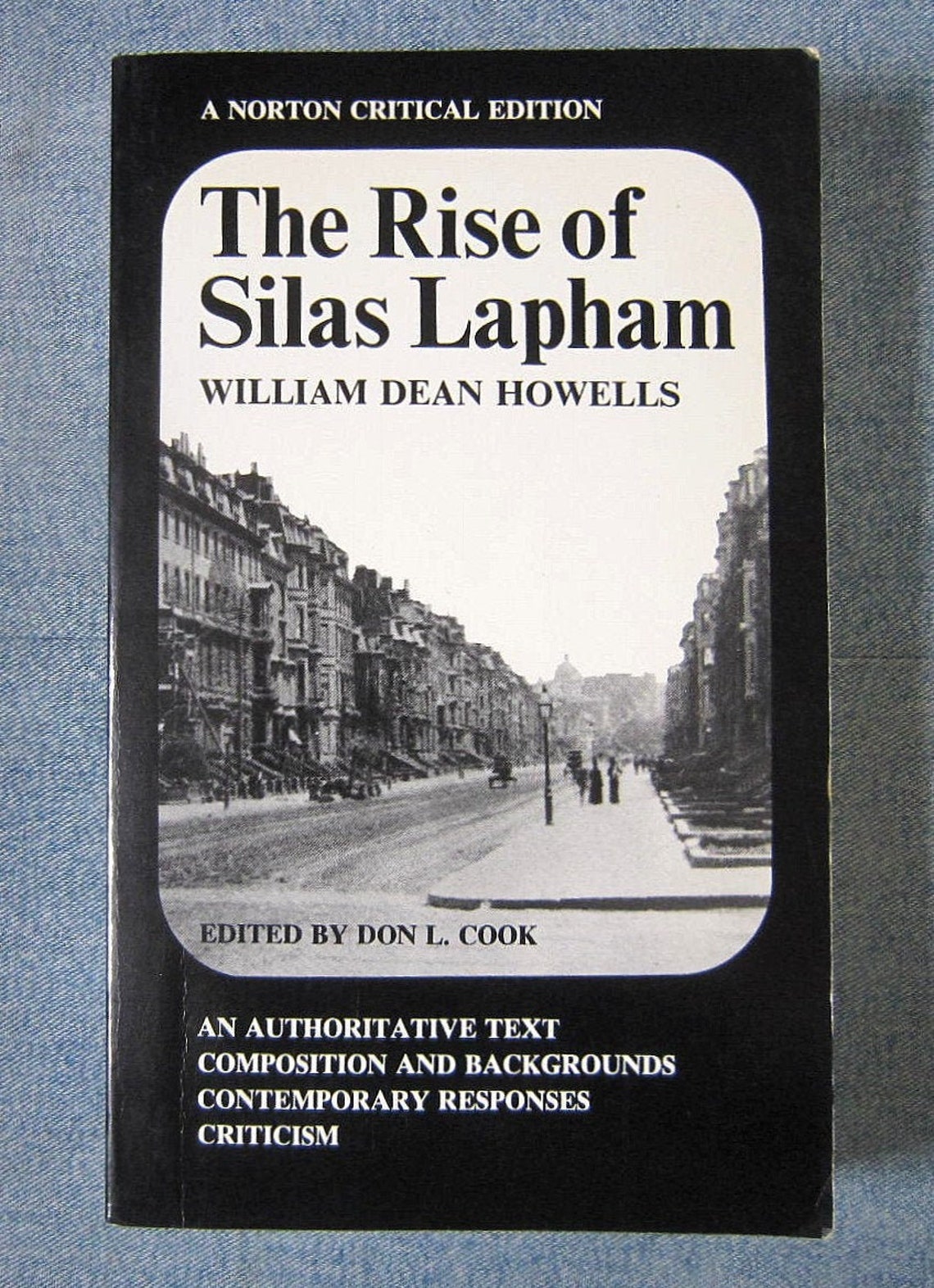
Silas shows Bartley a recent photo of his extended family in front of their Vermont home, but Bartley only seems to be interested in the attractiveness of the young women-a move that is to be repeated later in the chapter when Bartley takes notice of one of Lapham's attractive young workers. Silas explains that his father found the paint under a tree on their property by chance in 1935, though nothing was done with the paint early on because all of Silas' siblings, including himself, initially went westward to make names for themselves. Silas begins to talk about his mother and contrasts her with the more vapid and bored aristocratic women of their time, but Bartley is uninterested, pivoting the conversation towards the origins of Silas' paint business.

Throughout their conversation, Silas also speaks to Bartley with a country accent that makes heavy use of informal diction and contractions.Īs Silas begins to explain the circumstances of his birth in rural Vermont, Bartley begins immediately to type him as a typical country bumpkin, growing up poor and running around barefoot on the farm. Silas is described as a rugged and strong countryman, with red hair, blue eyes, "huge" feet, and "massive shoulders" (4). Before their interview begins, a brief description of Silas is given by Bartley, which continues throughout the chapter.

To Bartley, Silas is "just one million times more interesting to the public than if hadn't a dollar" (4). He even goes so far as to tell Silas that he only cares about his rise into wealth.

While Silas is sentimental in talking about his family, spending a great deal of time lauding his hardworking siblings and rugged parents, Bartley is more cynical and sarcastic. The novel begins as the journalist Bartley Hubbard goes to interview Silas Lapham, a successful paint tycoon, for a newspaper series on the "Solid Men of Boston." Silas' warm, provincial, and upstanding manner immediately endears him to Bartley, who feels at ease "instantly" in Silas' presence.


 0 kommentar(er)
0 kommentar(er)
